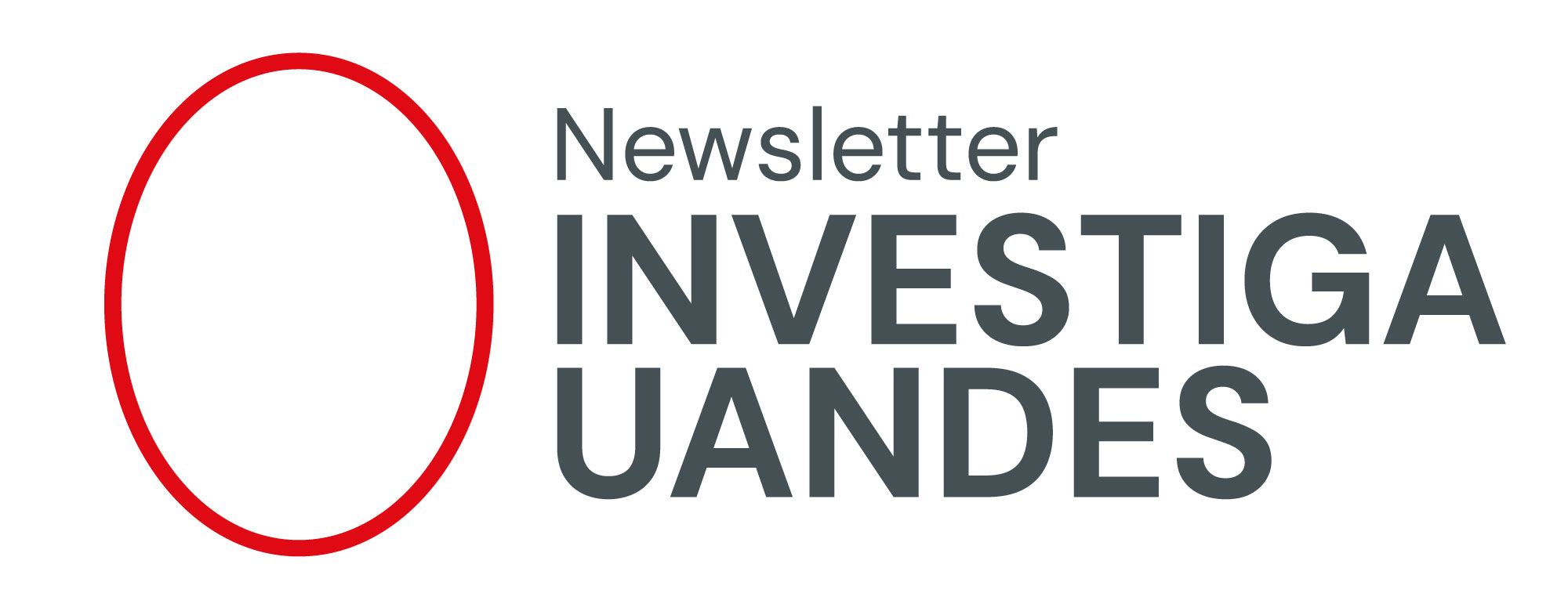The innovative translational medicine research project has developed more accurate, faster, and more accessible tools to detect this cardiovascular condition.
At a closing seminar, the FONDEF project, led by Carlos E. Irarrazabal, M.D., Professor of the School of Medicine and researcher at the Center for Biomedical Research and Innovation, CiiB UANDES, was concluded. This study, developed in collaboration with Clínica Dávila, opens up new possibilities in the early diagnosis of cardiac ischemia through the use of cutting-edge technologies.
Cardiac ischemia, a condition characterized by reduced or blocked blood flow to the heart, represents one of the greatest challenges in cardiovascular health. In response, the research team proposed an innovative approach to detect this pathology by quantifying in the blood a specific population of extracellular vesicles associated with key proteins such as hERG1 and Hsp47.
During the closing event, the most relevant advances of the project were presented, including the development of two ELISA (enzyme-linked immunosorbent assay) prototypes capable of identifying ischemia biomarkers in peripheral blood. These tools demonstrated high sensitivity and specificity, improving diagnostic accuracy compared to traditional methods.
"This type of innovation represents an important step in translational medicine, as it brings laboratory work closer to concrete solutions for patients," emphasized Dr. Irarrazabal.
It is hoped that these new diagnostic tools can be implemented in the near future, contributing to more timely and effective care for thousands of people.

